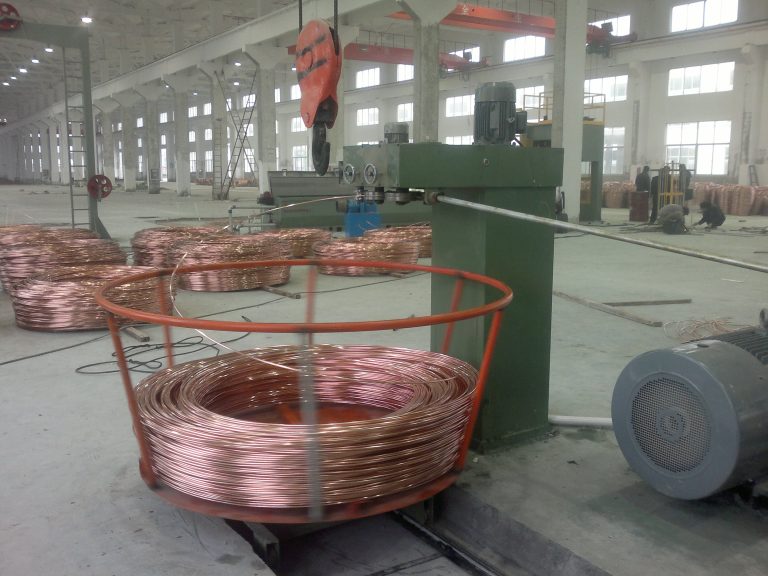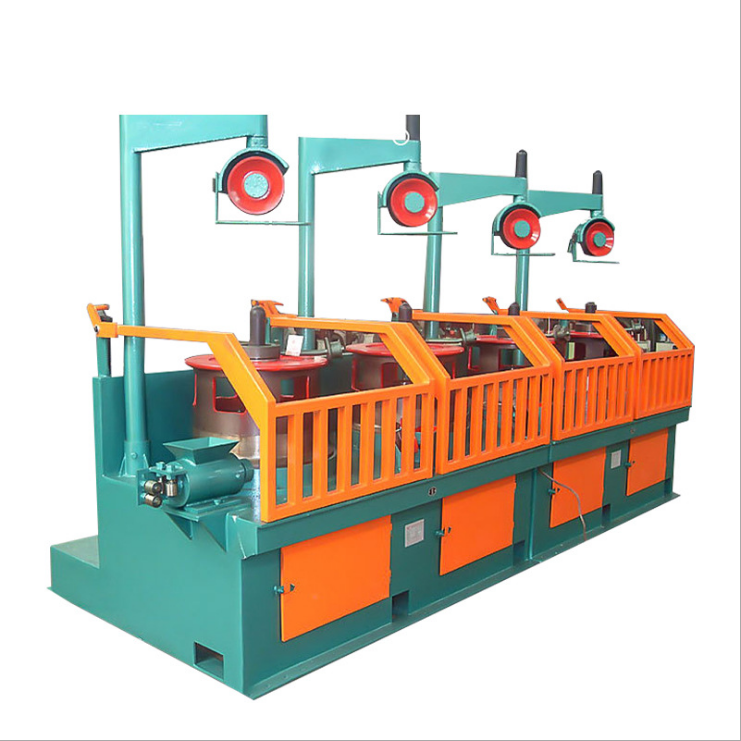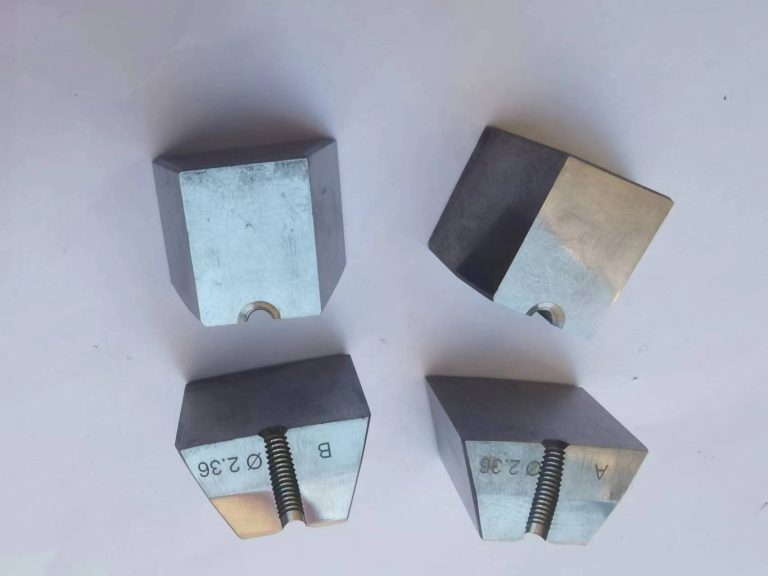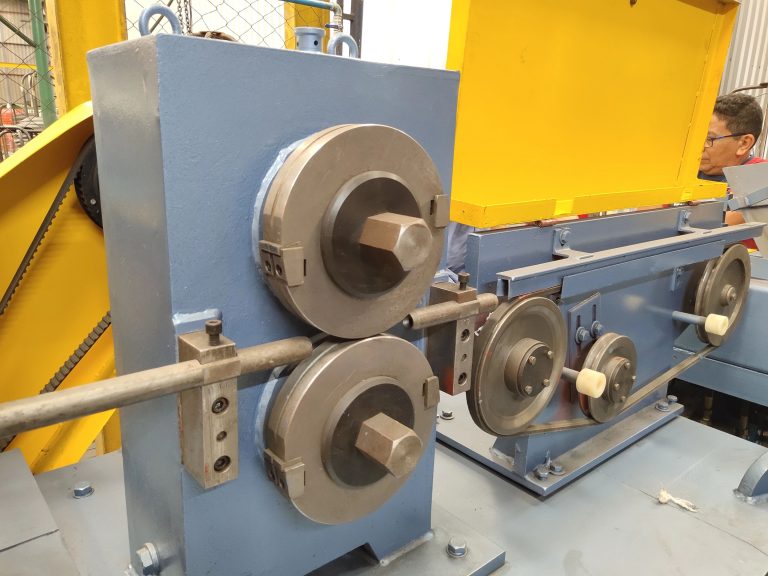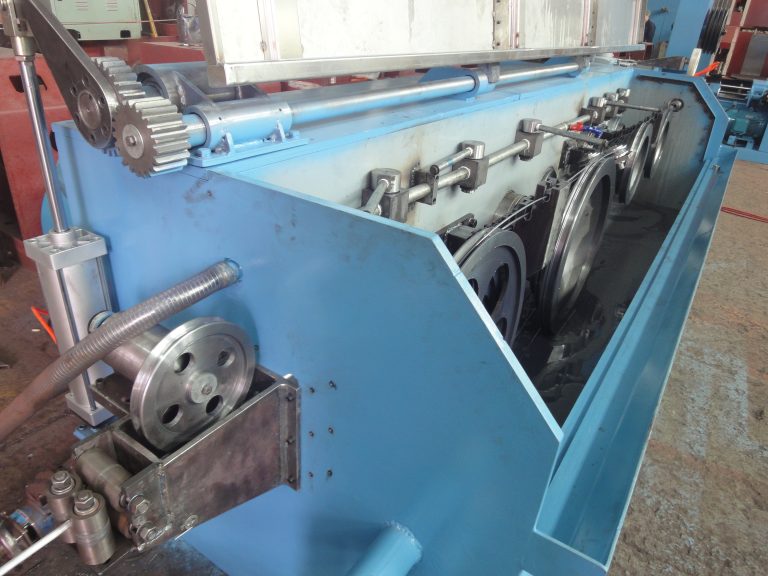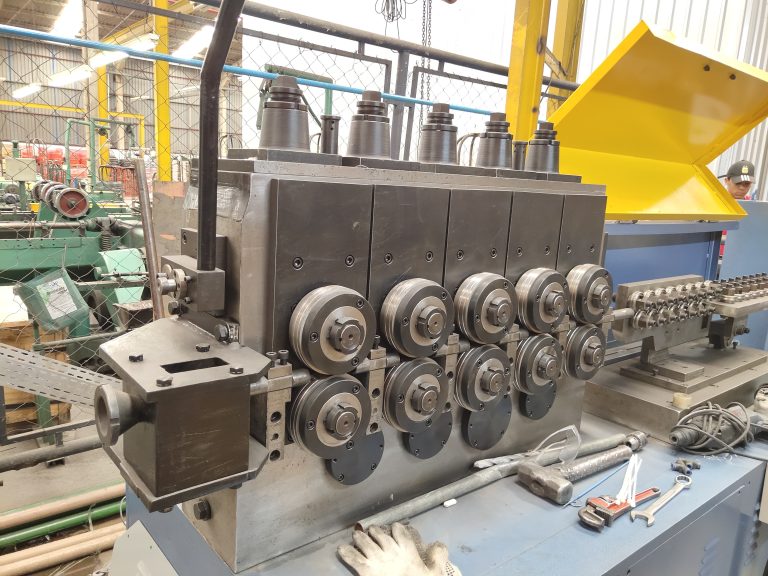Table of Contents
Exploring the Benefits of Using Mechanical Wire Descaler in Industrial Applications in China
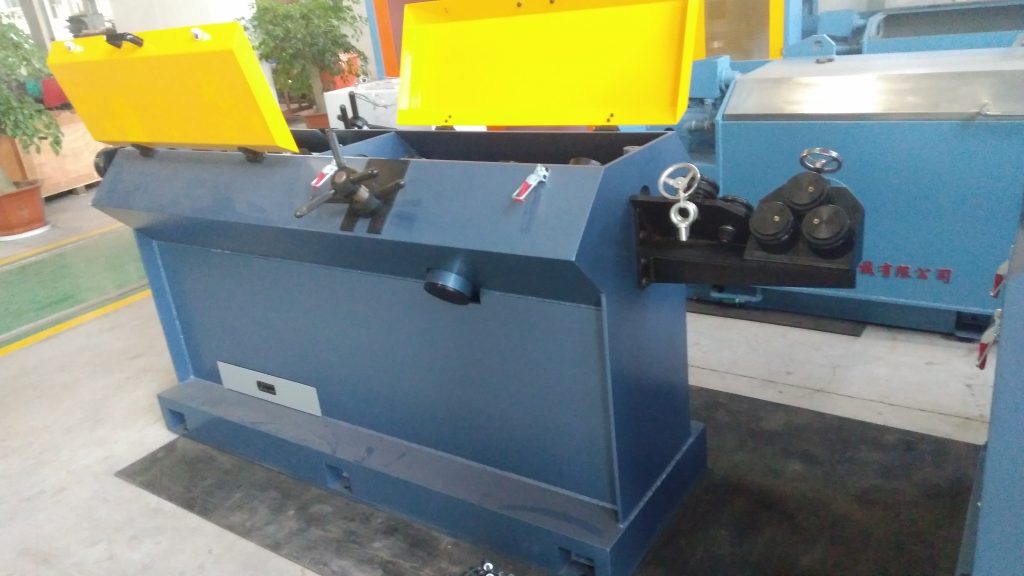
Industrial applications in China often involve the use of heavy machinery and equipment that can accumulate scale and deposits over time. These build-ups can lead to decreased efficiency, increased energy consumption, and even equipment failure if left untreated. To combat this issue, many industries in China are turning to MECHANICAL DESCALERS as a cost-effective and efficient solution.
One of the key benefits of using a mechanical descaler in industrial applications is its ability to remove scale and deposits quickly and effectively. Traditional methods of descaling, such as chemical cleaning or manual scraping, can be time-consuming and labor-intensive. In contrast, mechanical descalers use high-pressure water jets or rotating brushes to break down and remove scale in a fraction of the time.
Another advantage of mechanical Wire Rod Descaling Machine is their versatility. These machines can be used on a wide range of equipment, from boilers and heat exchangers to pipelines and cooling towers. This flexibility makes them a valuable tool for industries in China that have diverse and complex descaling needs.
In addition to their effectiveness and versatility, mechanical descalers are also environmentally friendly. Unlike chemical cleaning agents, which can be harmful to the environment and pose health risks to workers, mechanical descalers use only water and mechanical force to remove scale. This makes them a safer and more sustainable option for industries in China that are looking to reduce their environmental impact.

Furthermore, using a mechanical descaler can help extend the lifespan of equipment and reduce maintenance costs. Scale build-up can cause equipment to work harder and consume more energy, leading to increased wear and tear over time. By regularly descaling equipment with a mechanical descaler, industries in China can prevent costly repairs and replacements, ultimately saving money in the long run.
Overall, the benefits of using a mechanical descaler in industrial applications in China are clear. These machines offer a fast, effective, and environmentally friendly solution to scale build-up, helping industries improve efficiency, reduce energy consumption, and extend the lifespan of their equipment. As China continues to grow and develop its industrial sector, the use of mechanical descalers will likely become even more widespread as companies seek to optimize their operations and reduce costs.
In conclusion, mechanical descalers are a valuable tool for industries in China looking to maintain the efficiency and longevity of their equipment. By investing in these machines, companies can save time and money, reduce their environmental impact, and ensure that their operations run smoothly. As the industrial sector in China continues to expand, the use of mechanical descalers will play an increasingly important role in helping companies stay competitive and sustainable in a rapidly evolving market.
How Mechanical Descaler Technology is Advancing in China’s Manufacturing Sector
Mechanical descaler technology has been making significant advancements in China’s manufacturing sector in recent years. This innovative technology is revolutionizing the way industries clean and maintain their equipment, leading to increased efficiency and productivity. In this article, we will explore the benefits of mechanical descaler technology and how it is being implemented in China’s manufacturing industry.
One of the key advantages of Wire Brush Descaler Machine is its ability to remove scale and other deposits from equipment quickly and effectively. Traditional methods of descaling, such as chemical cleaning, can be time-consuming and labor-intensive. Mechanical descalers, on the other hand, use high-pressure water jets or abrasive materials to break down and remove scale from surfaces in a fraction of the time.
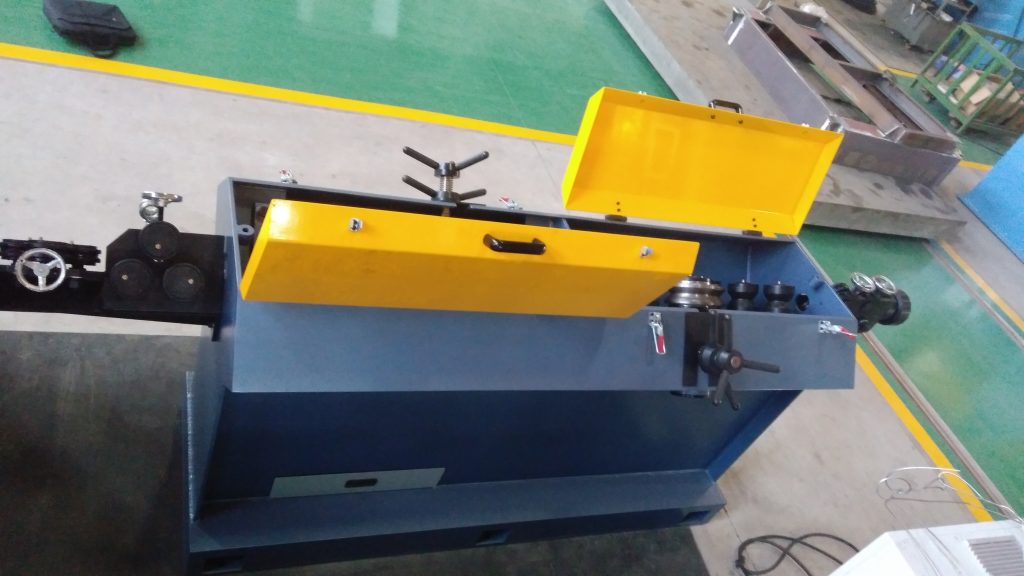
This increased efficiency not only saves time but also reduces the need for harsh chemicals, making it a more environmentally friendly option. In a country like China, where environmental concerns are becoming increasingly important, the adoption of mechanical descaler technology is a step in the right direction towards sustainable manufacturing practices.
Furthermore, mechanical descalers are versatile and can be used on a wide range of equipment, from boilers and heat exchangers to pipelines and tanks. This flexibility makes them a valuable tool for industries across the board, from power plants to food processing facilities. In China, where manufacturing is a key driver of the economy, the ability to clean and maintain equipment efficiently is crucial for staying competitive in the global market.
Another benefit of mechanical descaler technology is its ability to prolong the lifespan of equipment. Scale buildup can cause corrosion and other damage to machinery, leading to costly repairs and downtime. By regularly descaling equipment using mechanical descalers, manufacturers can prevent these issues and extend the life of their assets.
In addition to these benefits, mechanical descaler technology is also improving worker safety in China’s manufacturing sector. Traditional descaling methods often involve manual labor and exposure to hazardous chemicals. Mechanical descalers eliminate the need for workers to come into direct contact with these substances, reducing the risk of accidents and long-term health effects.
The adoption of mechanical descaler technology in China’s manufacturing industry is a testament to the country’s commitment to innovation and sustainability. As the industry continues to grow and evolve, the demand for efficient and environmentally friendly cleaning solutions will only increase. Mechanical descalers are poised to play a key role in meeting this demand and driving the industry forward.
In conclusion, mechanical descaler technology is revolutionizing the way industries clean and maintain their equipment in China. With its efficiency, versatility, and environmental benefits, mechanical descalers are becoming an essential tool for manufacturers looking to stay competitive in the global market. As the industry continues to embrace this innovative technology, we can expect to see even greater advancements in efficiency, productivity, and sustainability in the years to come.

